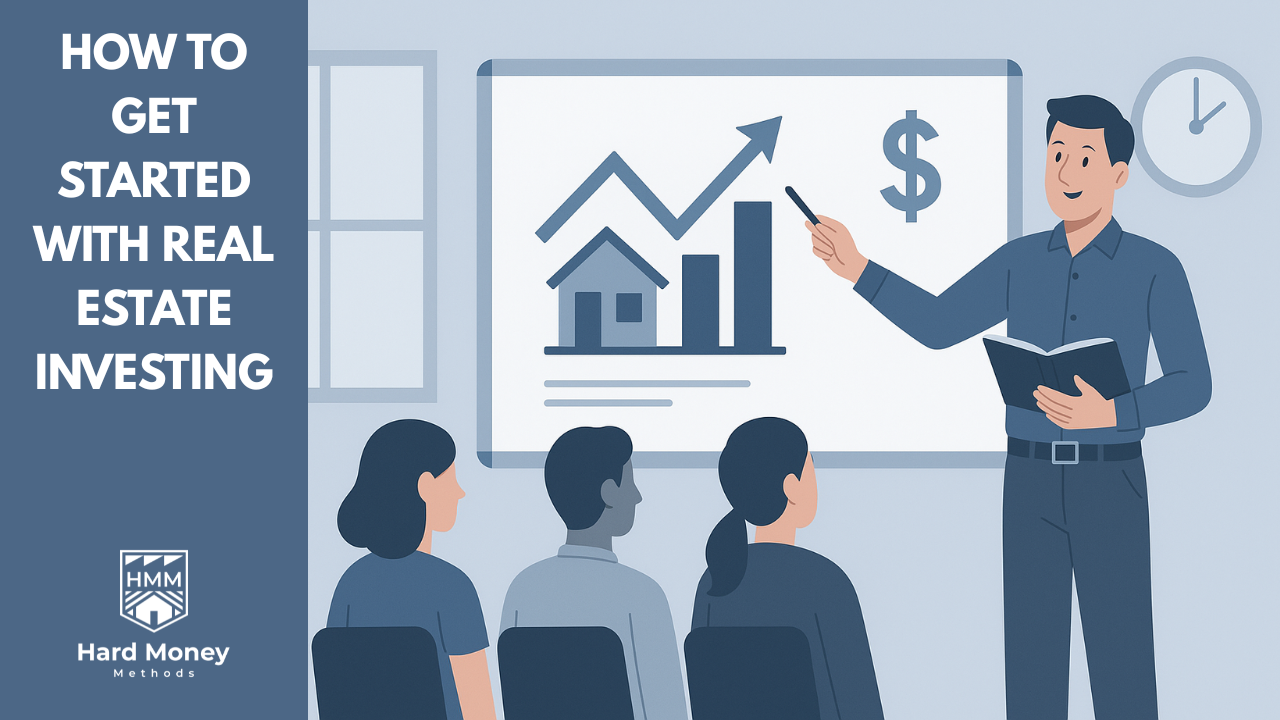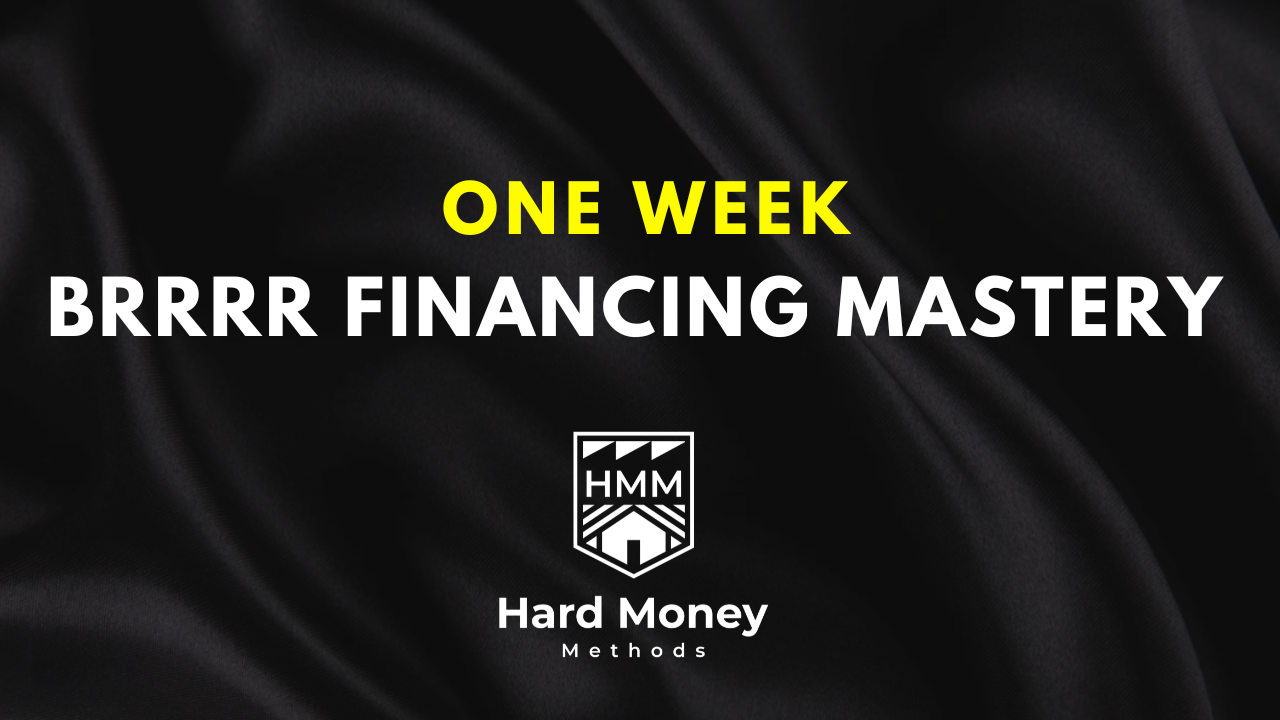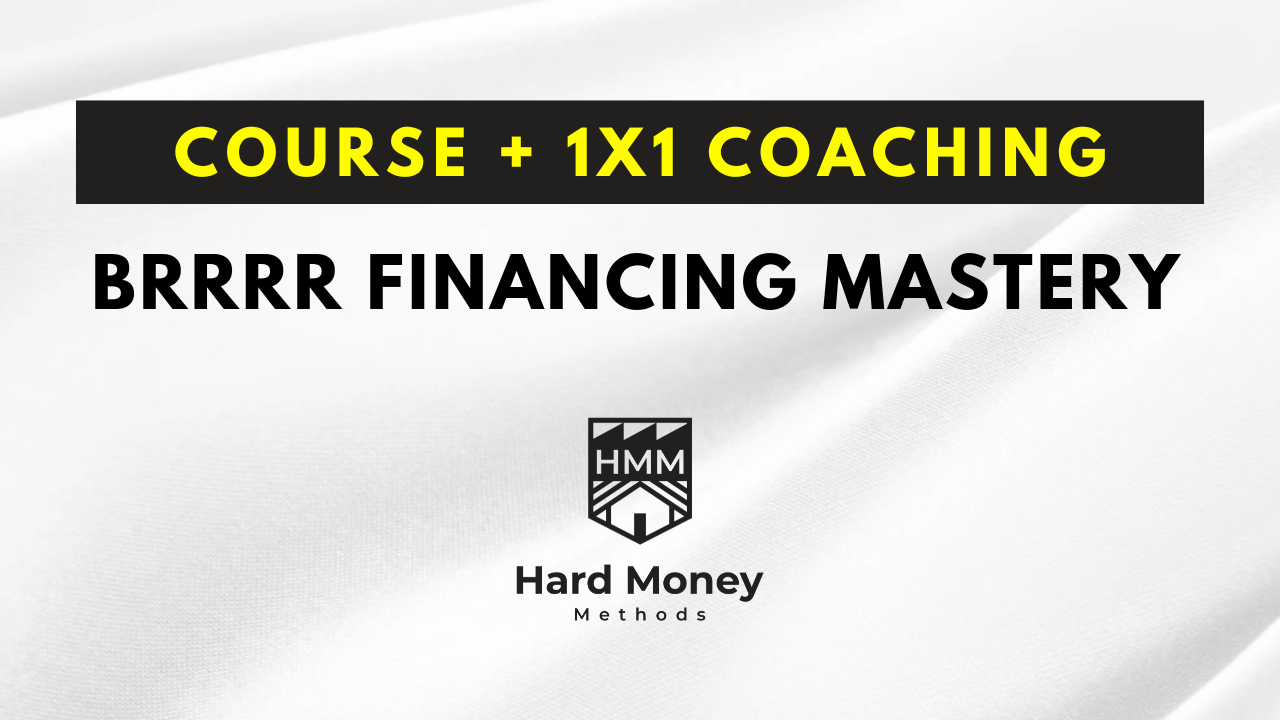Your Quick Guide to Getting Started in Real Estate Investing (No Experience Needed)
Jul 09, 2025
What Is Real Estate Investing? A Quick Overview for Beginners
At its core, real estate investing is the process of purchasing property to generate income or long-term wealth. Common forms include rental properties, house flipping, wholesaling, and the BRRRR strategy (Buy, Rehab, Rent, Refinance, Repeat). Unlike the stock market, real estate offers tangible assets and often produces cash flow you can use immediately.
Why Real Estate Is a Great Investment for First-Timers
Real estate offers leverage, tax benefits, and appreciation potential. Many investors love that they can use financing to control large assets with a relatively small down payment. For beginners, real estate provides a learnable and scalable path to financial independence.
Step 1: Set Clear Financial and Investment Goals
Before diving in, define what success looks like. Are you seeking cash flow, long-term equity, or financial freedom? Decide how much you can invest, what timeline you’re working with, and how hands-on you want to be. Clear goals will guide your decisions and help you stay focused.
Step 2: Learn the Main Real Estate Investment Strategies
Familiarize yourself with the most popular strategies:
- Buy and Hold: Long-term rental property ownership.
- BRRRR: A method to recycle capital and scale.
- Fix and Flip: Buying undervalued properties, renovating, and reselling.
- Wholesaling: Securing deals and assigning contracts to other investors.
Each has its pros and cons, so choose based on your resources and goals.
Step 3: Understand the Numbers—How to Analyze a Deal
Numbers matter. Learn how to calculate:
- Cash Flow = Rent − Expenses
- Cap Rate = NOI / Purchase Price
- Return on Investment (ROI)
Use tools like rental calculators or spreadsheets to analyze deals. Never buy based on emotion—let the numbers guide you.
Step 4: Secure Financing—Even If You Don’t Have a Lot of Money
Good news: you don’t need a fortune to invest. Financing options include:
- Conventional loans
- FHA or VA loans (for house hacking)
- Hard money lenders
- Private lenders
- DSCR loans (for rental properties)
You can also partner with others or use seller financing. The key is understanding what works for your situation.
Step 5: Build Your Real Estate Investing Team
Real estate is a team sport. Surround yourself with:
- A real estate agent familiar with investment properties
- Lenders or brokers
- Contractors or handymen
- A CPA who understands real estate
- A property manager (if needed)
Your team will make or break your deals—choose carefully.
Step 6: Take Action—Buying Your First Investment Property
Once you’ve set goals, learned the basics, and lined up financing, it’s time to take action. Start with a small deal to learn the process. Get inspections, run numbers, and don’t be afraid to walk away if something doesn’t add up. Experience is the best teacher.
Common Mistakes New Real Estate Investors Make (And How to Avoid Them)
- Skipping due diligence
- Underestimating rehab costs
- Overpaying due to emotion
- Not screening tenants properly
- Trying to DIY everything
- Paying huge amounts of money for courses/coaching
Avoid these by sticking to your numbers, asking for help, and starting small.
Recommended Tools and Resources for Real Estate Beginners
- Books: "The Book on Rental Property Investing" by Brandon Turner
- Podcasts: BiggerPockets Real Estate Podcast
- Courses: Affordable, structured online courses like the ones we offer
- Calculators: Deal analysis spreadsheets, rent estimators
- Communities: Join local REI meetups or online forums
Final Thoughts: Your First Steps Into Real Estate Investing Start Now
The hardest part of real estate investing is simply getting started. But you now have a roadmap. Define your goals, learn the strategies, build your team, and take that first step. With the right knowledge and support, real estate can become your path to lasting financial freedom.
Ready to get started with your REI education? Check out our affordable, step-by-step real estate investing course designed to help beginners close their first deal with confidence.



